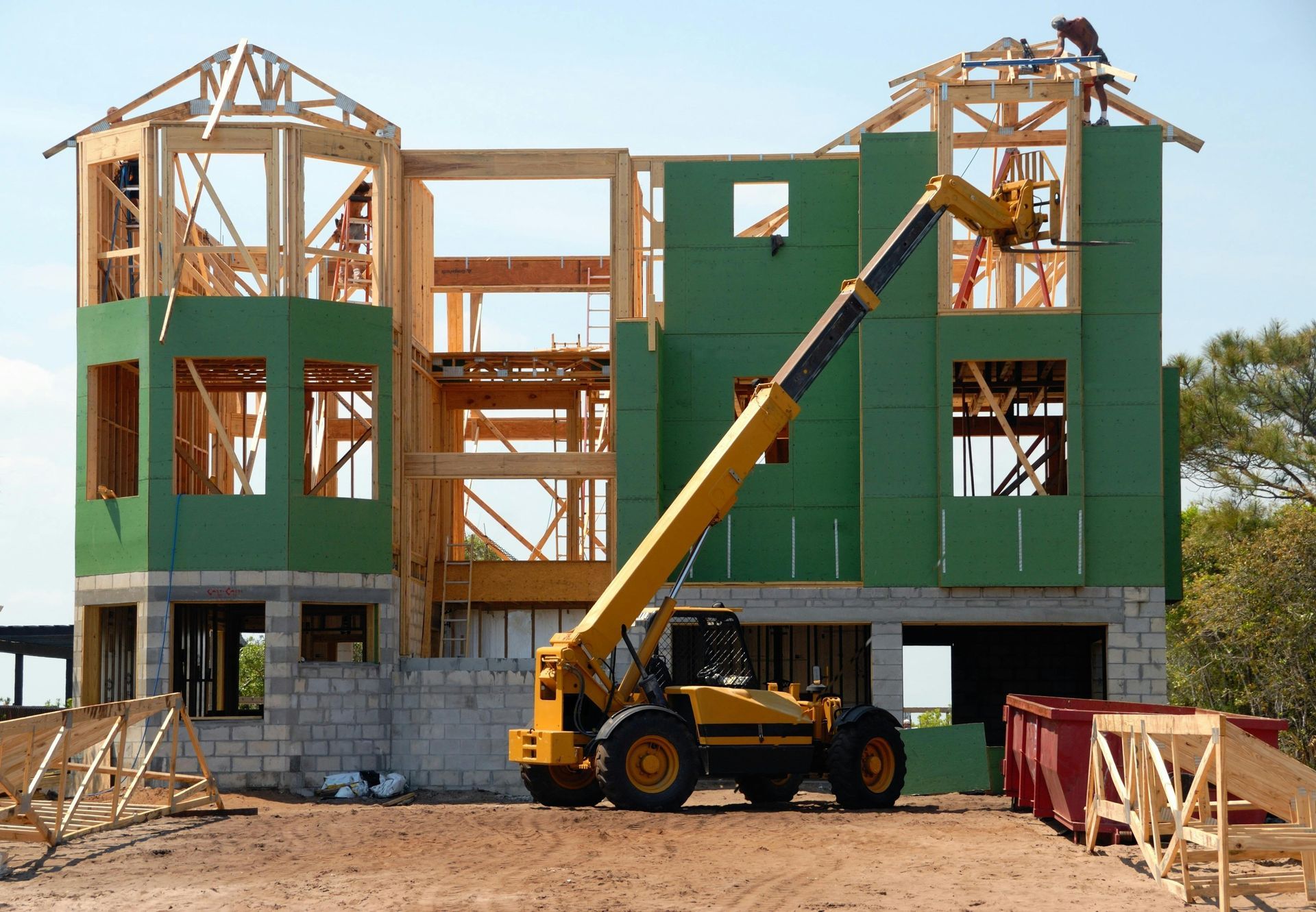Contractor Bonds in Texas
What Are Contractor Bonds?
Contractor bonds—also known as surety bonds—are agreements that guarantee a contractor’s compliance with project terms, state regulations, and ethical business practices. They provide financial protection for clients, ensuring that work is completed as promised and in accordance with all legal requirements. Contractor bonds can cover a range of situations, including bid, performance, and payment obligations, giving both contractors and their clients peace of mind throughout every phase of a project.


Who Needs Contractor Bonds?
Contractor bonds are essential for licensed contractors, subcontractors, and construction professionals who want to build trust and comply with state or project requirements. Many state and local governments require bonding as part of the licensing process, while private clients often demand it before awarding bids. Whether you’re a general contractor bidding on public works, a subcontractor ensuring payment protection, or a small business owner seeking credibility, contractor bonds demonstrate financial reliability and commitment to ethical performance.
Guarantee project integrity and financial security with bid, payment, and performance bonds. Ironwood helps contractors secure reliable bonding for Texas construction projects.
Meet municipal and regulatory requirements with license and service bonds that protect your business and build client trust. Ironwood makes compliance simple.
Show financial strength and credibility with a Letter of Bondability. Ironwood provides proof of bonding capacity to help you win new vendor and municipal contracts.
Coverage Details: What’s Included (and Not)
Contractor bonds cover the financial and performance obligations that come with professional contracting work. Depending on the type of bond, they can protect project owners, suppliers, and even the public from losses resulting from a contractor’s failure to meet legal or contractual duties.
Common bond types include bid bonds, which guarantee a contractor will honor their bid and sign the contract; performance bonds, which ensure the project is completed as agreed; and payment bonds, which protect subcontractors and suppliers from nonpayment.
What contractor bonds don’t cover: property damage, worker injuries, or business liability—those require separate insurance policies like general liability, workers’ compensation, or builder’s risk. Instead, bonds act as a financial assurance of honesty, compliance, and completion, giving clients confidence that the job will be done right.

Texas Considerations & Requirements
In Texas, contractor bonds are a key part of staying compliant and competitive in the construction industry. Many cities and counties require licensed contractors to post bonds before obtaining or renewing permits. Public works projects typically mandate bid, performance, and payment bonds to protect taxpayer funds and ensure project completion.
How Ironwood Supports Your Business
Ironwood partners with contractors and construction professionals across Central Texas—from Waco to Temple and beyond—to simplify the bonding process. We help identify which bonds your business or project requires, prepare accurate documentation, and secure approvals quickly to keep your projects moving forward. Whether you need a single job-specific bond or ongoing bonding support for multiple projects, Ironwood ensures compliance, efficiency, and peace of mind every step of the way.
Build with Confidence – Get Bonded Today
Don’t let licensing requirements or project delays hold up your next job. Ironwood makes it easy to secure the contractor bonds you need—fast, compliant, and tailored to your business.
Frequently Asked Questions About Contractor Bonds in Texas
What types of contractor bonds are required in Texas?
The most common types are bid bonds, performance bonds, and payment bonds. Depending on your trade and project type, you may also need license or permit bonds to meet local or state regulations.
How long does it take to get a contractor bond?
For most licensed contractors, bonding can be completed within 24–48 hours once the required paperwork and credit review are finalized. Ironwood helps expedite the process so you can get approved and start work faster.
Do I need a bond if I already have insurance?
Yes. While insurance covers accidents, damage, or liability, bonds guarantee your performance and compliance. They protect your clients and project owners, not your business, which is why both are essential.
How much do contractor bonds cost?
Bond premiums are typically a small percentage of the total bond amount, usually ranging from 1–3%, depending on your credit, experience, and project size. Ironwood helps you find competitive rates with trusted surety partners.
